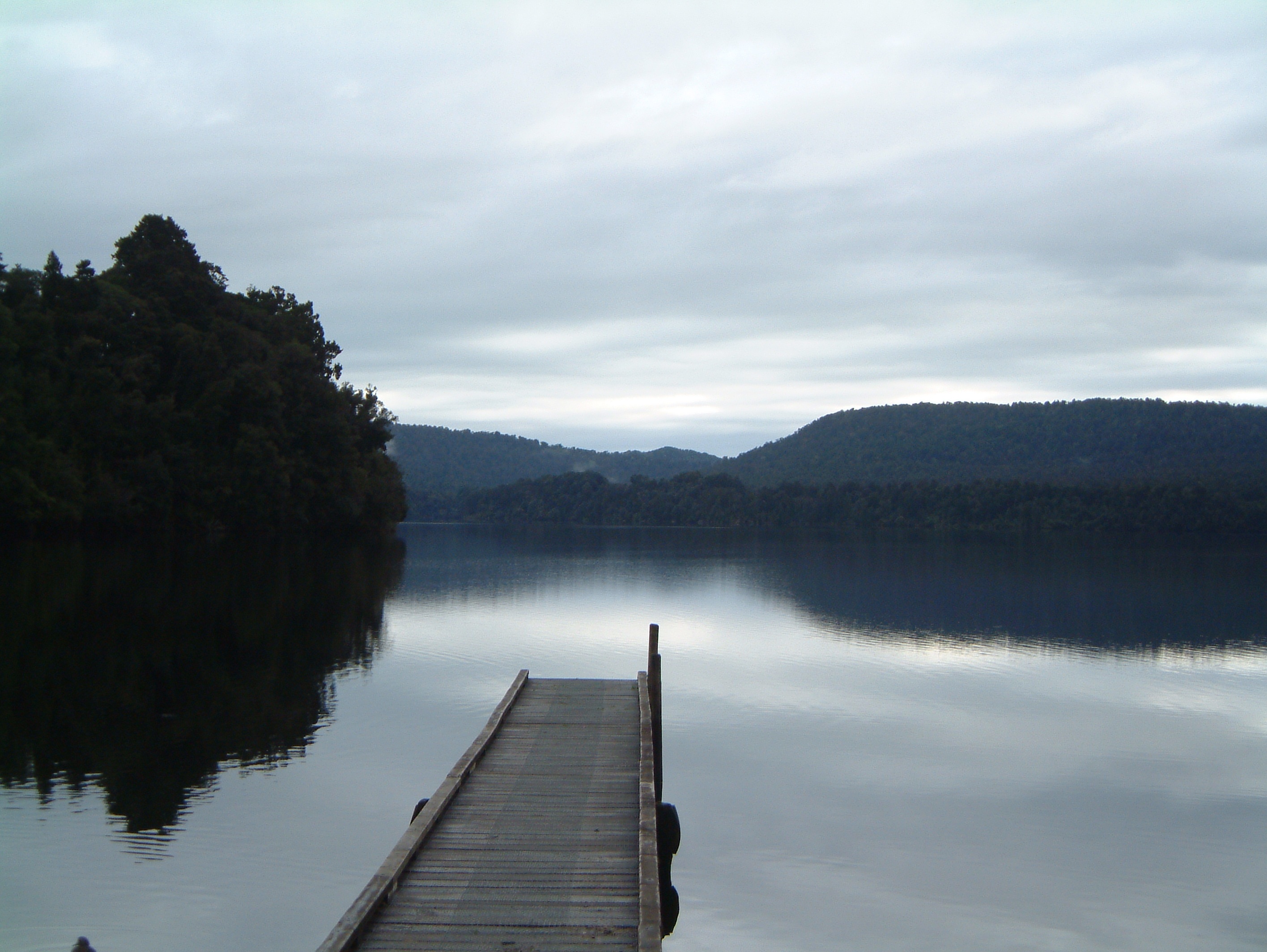New Conservative Press Release:
Freshwater has become yet another opportunity to divide New Zealand by ethnicity arising from the Waitangi Tribunal report released on Wednesday.
The report recommends to government the creation of a co-governance commission with Maori along with “proprietary recognition” such as royalty payments.
“Water is the lifeblood of all people, and ownership, or any level of control as suggested, will only serve to divide New Zealanders,” says Leighton Baker, New Conservative leader.
New Zealand is already working through the complexity and cost that has arisen from the Marine and Coastal Area Act claims that cover every centimetre of the nation’s coastline. This Tribunal report will now include all other water bodies into a process where rights, use, and revenue, will require government control.
“The Tribunal is no longer responsible for assisting with the remedy of grievance,” says Leighton Baker, “they are now directly contributing to the creation of not only cost and complexity but also division.”
The Maori Council member, Maanu Paul, has encouraged the government to address this issue with the establishment of a Water Commission that will take over control and management of water, extinguishing existing rights within five years, and returning those rights to Maori.
Maanu Paul also made a claim in 2017 under the Marine and Coastal Area Act for the entire New Zealand Coastline on behalf of Maori, stating that he was duty-bound to protect all Maori.
“Water, whether it is freshwater or saltwater, is important and valued by all New Zealanders, and any form of private ownership or title is contrary to our way of life, and should not be used to differentiate rights based upon ethnicity,” says Leighton Baker.
New Conservative has a firm policy that is committed to setting a deadline to end Treaty settlements and disestablishing the Waitangi Tribunal.
“The Tribunal is no longer being used effectively as a tool to resolve issues and provide redress for wrongs, but is now being used as a tool to sustain an industry of grievance that is serving no one well,” says Leighton.
“There are so many important issues that need to be resolved for our most vulnerable, and putting resource, time, and money into fighting over water is an affront to those who are awaiting medical treatment, struggling to find a home, or fighting for mental health assistance,” concludes Leighton.

